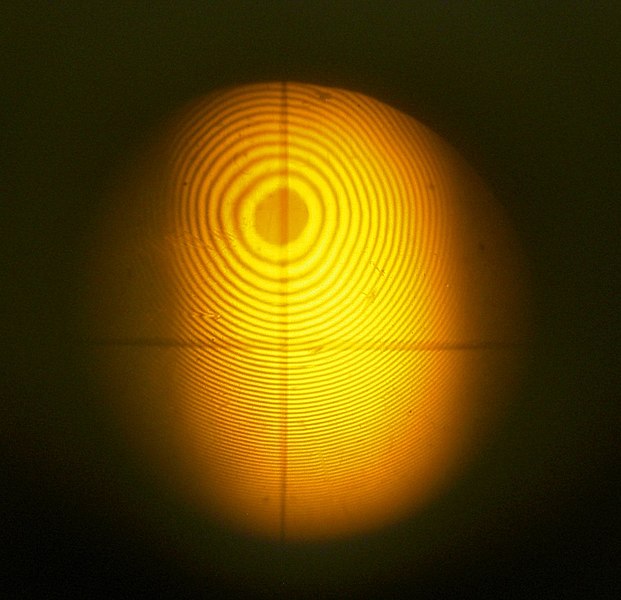I'm looking for guidance in buying a negative scanner (for 6x6 & 6x9 down to 35) but since I'm an old school photog I'm out of my realm. Can I just use a document scanner or do I need something more costly, PS I do shoot with a digital slr (5DmkII) as well but as I say I'm new to this whole area of digital practice.
 Helpful Posts: 0
Helpful Posts: 0
Results 1 to 2 of 2
Thread: neg scanner
-
30th January 2011, 03:48 PM #1New Member

- Join Date
- Jan 2011
- Posts
- 1
neg scanner
-
30th January 2011, 05:00 PM #2
Re: neg scanner
Welcome to CiC and don't worry, you'll find many who started out in the old days of film. My path's been film, waited for digital photography to get where I felt the technology would finally deliver, and now I'm finding film still provides what I need with the style of photography I like to do.
In regard to negative scanning, there are many options available especially since film photography is far from dead. Is your application scanning old archived negatives or will this become part of your day to day photography process flow ?
Whether this is a one time, an occasional negative that needs to be scanned, or just part of your photo post processing flow, you may want to consider using a photo lab that includes scanning in their services. From the Large Format community, I've heard good things about Praus Productions Inc., they are a wet lab that also offers in house Imacon 848 scaning for film up to 5x7. An advantage with Praus is that your processed film can be immediately scanned and avoid the risks of damage as it's shipped from the wet lab to the scanning service.
An option that I'm migrating to will be to purchase a film scanner with software to specifically get the most out of each scan. I do recommend that you take a look at LaserSoft Imaging and SilverFast. They do offer hardware/software bundles and their software provides some nice features. An infrared color channel in the scanner can allow for dust and scratch defect removal, their software is capable of multi-pass high dynamic range scans yielding 64 Bit HDR image files.
I do recommend that you make sure that your computer is up to the task of film image post processing, since you will be working with huge files. A standard 35mm frame scanned at 9600 PPI will yield a 13,606 x 9,070 pixel, 123.4 MP, image file. Medium format will be correspondingly larger.
One thing to watch out for is any film scanner that holds your film in direct contact with glass. You'll get Newton Rings, defractive phenomena that causes these to appear in your scans:
This is why most contemporary film scanners hold the film being scanned in a frame, out from making contact with the glass, but the trade off is undulations and curvature of the film degrades the scan quality. To combat Newton Rings, some professional scanning services use wet scanning. Wet Scanning is a process where the film is coated with a fluid which maintains a constant contact across the image, holding the film perfectly flat while preventing Newton Rings. You can get a Wet Scanner, but they are expensive, require skilled knowledge to operate, and not worth it unless you are offering commercial scanning services.


 Reply With Quote
Reply With Quote
